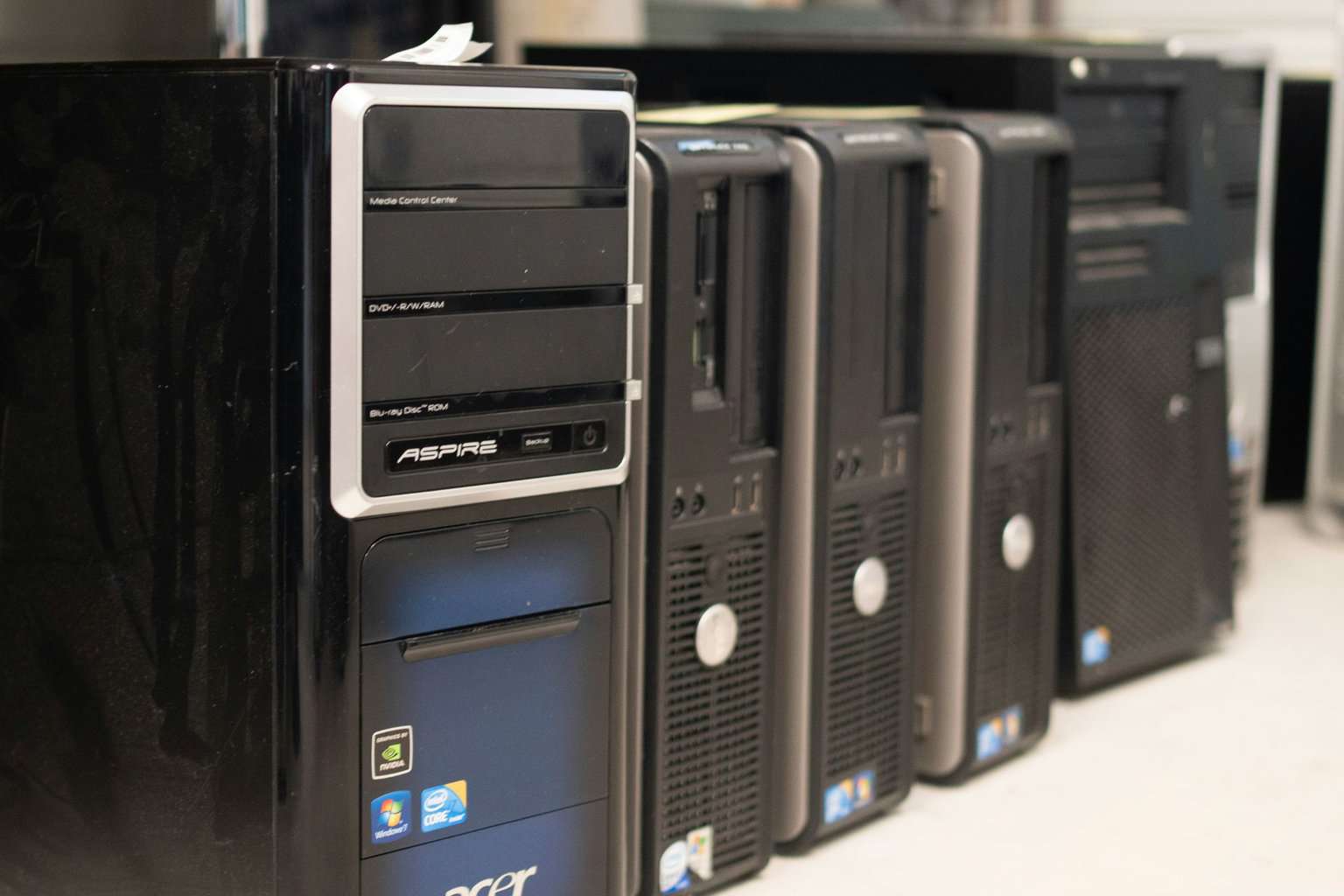Microsoft Research and the University of Cambridge collaborate on treatment of leukemia and lymphoma
3 min. read
Published on
Read our disclosure page to find out how can you help Windows Report sustain the editorial team. Read more
Microsoft Research, in collaboration with University of Cambridge, helped create a complete computer model to mimic the creation of blood cells. According to researchers at the University of Cambridge and Microsoft Research, the computer model could help in the early detection and treatment for leukemia and lymphoma.
For the past two years, biomedical scientists from the Wellcome Trust-MRC Cambridge Stem Cell Institute and the Cambridge Institute for Medical Research worked together with computational biologists from Microsoft Research and Cambridge University’s Department of Biochemistry to create the computer model of the development of blood cells to get a better understanding of what keeps blood production at normal levels.
Jasmin Fisher from Microsoft Research and the Department of Biochemistry at the University of Cambridge spoke about the results of the Microsoft Research and University of Cambridge collaboration:
“This is yet another endorsement of how computer programs empower us to gain better understanding of remarkably complicated processes. What is ground-breaking about the current work is that we show how we can automate the process of building such programs based on raw experimental data. It provides us with a blueprint to develop computer models relevant to other human diseases including common cancers such as breast and colon cancer. When we apply executable algorithms to model the behavior of biological systems, we get novel insights into those cellular programs, understanding better how they operate, and we can also learn what goes wrong in a particular program to lead the cells to behave abnormally. The huge advantage of this executable biology approach is that it also allows us to simulate and analyze these behaviors very quickly – in a matter of seconds we get an answer as to whether a certain combination of drugs would lead to a desired effect or not.”
The human body creates over 2.5 million new blood cells every second, but the way that the body keeps this production in check is not completely understood. Close to 30,000 people every year are diagnosed with leukemia, lymphoma, and myeloma every year in the UK alone. These are the most common types of cancers of the blood and these cancers occur when blood production gets unbalanced; like when the body creates excess red blood cells and not enough white blood cells.
Therefore, Microsoft Research helps accelerate medical research in ways that were not previously possible. As technology advances, Microsoft Research will be able to continue to help medical researchers to create faster ways to analyze data and create strategies to help battle cancer to find a treatment on the way to a possible cancer cure.
For more information on the specific research involving cancers of the blood, check out the links below and lets us know how yow think Microsoft Research can help other researchers find treatment options and cures for other diseases.










User forum
0 messages